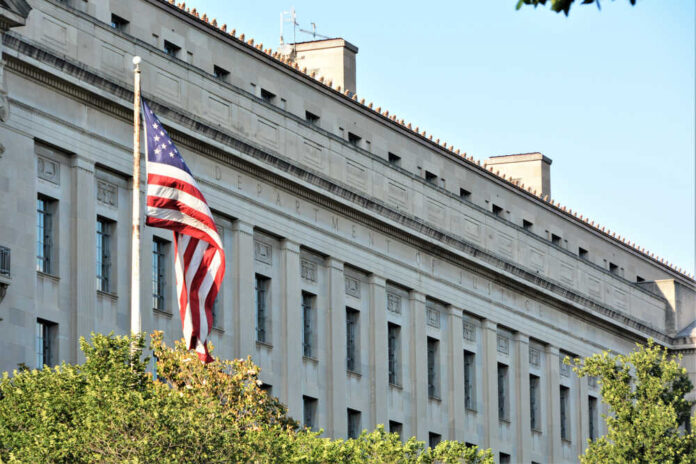
In the throes of the ongoing controversy involving allegations of preferential treatment towards Hunter Biden, the Internal Revenue Service Commissioner, Daniel Werfel, has come forward to address the situation. In the center of the storm stand the whistleblowers, who, after their abrupt removal from the case last week, are raising questions about the administration’s response to the probe.
In a firm statement to the House Ways and Means Committee, Werfel denied intervening against the whistleblowers. “I want to state unequivocally that I have not intervened—and will not intervene—in any way that would impact the status of any whistleblower,” he declared. In his letter dated May 17, he went further. He claimed the Justice Department was behind the whistleblowers’ unexpected job reshuffle.
BREAKING: A 2nd IRS whistleblower has come forward after the 5-year long criminal investigation into Hunter Biden was abruptly halted last week.
We are witnessing a coverup right before our eyes.
“As I’m sure you were aware, I was removed this week from a highly sensitive case… pic.twitter.com/yyfmiHQApZ
— Collin Rugg (@CollinRugg) May 23, 2023
While these words might seem reassuring, we should remember the current political landscape under the Biden administration. The Justice Department has increasingly shown signs of partisanship, and different rules apply depending on which side of the aisle you find yourself on.
It’s easy to dismiss Werfel’s defense as merely a deflecting tactic, especially considering that he fails to provide specific details regarding the matter, citing laws and policies designed to protect the integrity of pending proceedings. Americans should question whether there is a genuine concern for integrity or an attempt at another way to avoid transparency and accountability.
The whistleblowers are left in a difficult position, removed from their original duties, under what their lawyers’ claim is an apparent retaliatory move. This removal comes in stark contrast to Werfel’s words in an April 27 appearance before the committee. “I can say without any hesitation there will be no retaliation for anyone making an allegation or a call to a whistleblower hotline.” These words now ring hollow in light of the whistleblowers’ current predicament.
The case is not an isolated incident of whistleblowers facing backlash, as the IRS isn’t the only agency battling internal conflicts. For example, the FBI has also been subjected to corruption allegations by multiple whistleblowers.
It’s an alarming trend that threatens to undermine the very foundations of our justice system. When the individuals tasked with upholding the law are bending it to their will, it sets a dangerous precedent. It’s a daunting reality that Attorney General Merrick Garland and the DOJ now face.
At the heart of the matter is the issue of transparency. When the IRS Commissioner and the Department of Justice are at odds over who should bear the blame for the treatment of whistleblowers, it does little to inspire confidence in the system.
Ultimately, the American people are left asking who they can trust. Faith in the system erodes when the law is applied unevenly, and preferential treatment becomes the norm rather than the exception. This controversy goes beyond the confines of a single case. It brings into sharp focus the state of our institutions and the people tasked with upholding justice. For the sake of the American people, the truth must prevail.













